April 30 was the last day for our 2020/21 Graduate Fellow, Simone Liberty.
Simone started her Fellowship in August of 2020 and she has done so much for the arts in South Carolina since. We have enjoyed working with Simone and wish her well in her future endeavors!
We asked Simone to share a farewell message with us – here’s what she had to say about her time with the SC Arts Alliance:
Dear Members of the South Carolina Creative Community,

It sure has been quite the year! I am so grateful for the opportunities that I’ve been afforded through the Arts Alliance, all the wonderful arts leaders who I’ve met, and for the new skills that I’ll carry with me on my career path. Upon my entrance to this position as the Graduate Fellow for 2
020-2021, I had hopes to learn about policy frameworks behind arts and arts education, and how to effectively communicate with legislators at a state and national level. Now, as I exit, I can say that if that is all I had learned, the fellowship could have been over in two months. The world of arts advocacy is broad and seemingly never-ending and the work that the South Carolina Arts Alliance does within that world is strategic, passionate, and important – not to mention successful.
Throughout my year-long fellowship, I’ve been able to experience event creation, advocacy training, issue briefing, communicating with legislators, and pushing out information to constituents across the state. I’ve been witness to quintessential DEI initiative conversations, tracked the legisla
tive process around funding and bills alike, and reported on the implications that the 2020 General Election had on the arts. I wish that each and every individual interested in arts policy was able to interact with the Arts Alliance in the ways that I was. In an effort to give back some of the knowledge that I’ve gained, I’d like to share my three favorite lessons from the last year.
1. Legislators are people who want to serve their communities. They are relatable and should be communicated with.
As a student, and now a graduate of the Masters in Public Administration Program at the College of Charleston, I’ve come to understand the type of passion that drives a person to work in the public sector. It’s a craving for mission-driven work. Work that has a purpose of making a better community, a better place to live, or more broadly, a better world. The elected officials who populate the statehouse are working to create a better South Carolina, and they need to hear from their constituents about how to do that. There should be great comfort in communicating with them and sharing thoughts, perspectives, and in some cases, expertise.
2. Policy and legislation can be overwhelming – Pick a topic and follow it.
It wasn’t until I was about a week into this fellowship that I realized that I had no idea how to keep up with all of the legislation that
was being passed and the daily happenings of the statehouse. There are hundreds of bills proposed per year, not to mention several dozens of meetings per week that legislators attend to discuss and make decisions. When you’re starting on your adventure into policy, it feels completely impossible to keep up with all of the moving pieces. When I faced the truth that there were some pieces of legislation – like the addition of a new type of license plate for example! – that I just didn’t care to follow, my tasks became less overwhelming. “Pick a topic and follow it” is GP’s [SCAA Executive Director, GP McLeer] 2nd rule of advocacy and boy, does it make life easier! Once I plugged into the pieces of legislation that were more specifically written towards my areas of interest, like arts education, it was simple and fun to follow. We can’t all be an expert at all of the issues going on state-wide. We all have different interests for a reason! So pick just a few topics, and do your research. Work to be informed on a few issues that are of genuine interest to you and don’t forget to contact your legislators about these things when the time comes to do so.
3. There is a national arts network that works hard to stay united.
Creative individuals are great problem solvers. It’s no wonder that when the arts faced a nationwide issue such as the COVID-19 pandemic, the arts industry sprung on the issue with several varying solutions. This resulted in a half dozen or so pieces of legislation that would all do similar things and revolved around assisting the arts through emergency funding. The work done to unite on one of these acts and push it forward was essential and resulted in the launch of the Shuttered Venue Operators Grant program in December of 2020. The program, which began as the SOS (Save Our Stages) Act, was a grassroots movement, taken up by the arts industry nationwide and it is just one example of what this massive and inventive industry is capable of. Prior to my time in this fellowship, I did not know just how large, or how connected, the field was. But through the year, I was witness to large zoom meetings full of individuals who run organizations that mirror the SC Arts Alliance in all 50 states. Nonprofit arts advocacy organizations all work to bridge a gap between arts stakeholders in their state and the state or national government. The leaders of these organizations practice camaraderie and partnership through topics that touch everything from event planning to DEI initiatives and they are working to unify and advance the arts across the country.
With that, I want to thank each of you again. A big thank you to my mentor, GP McLeer, for all of the work that he does within the Arts Alliance, and for his commitment to sharing his knowledge with the next generation of arts advocates and leaders.
Warm wishes,
Simone Liberty


